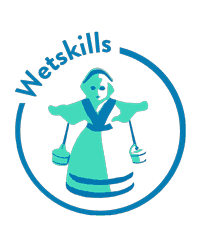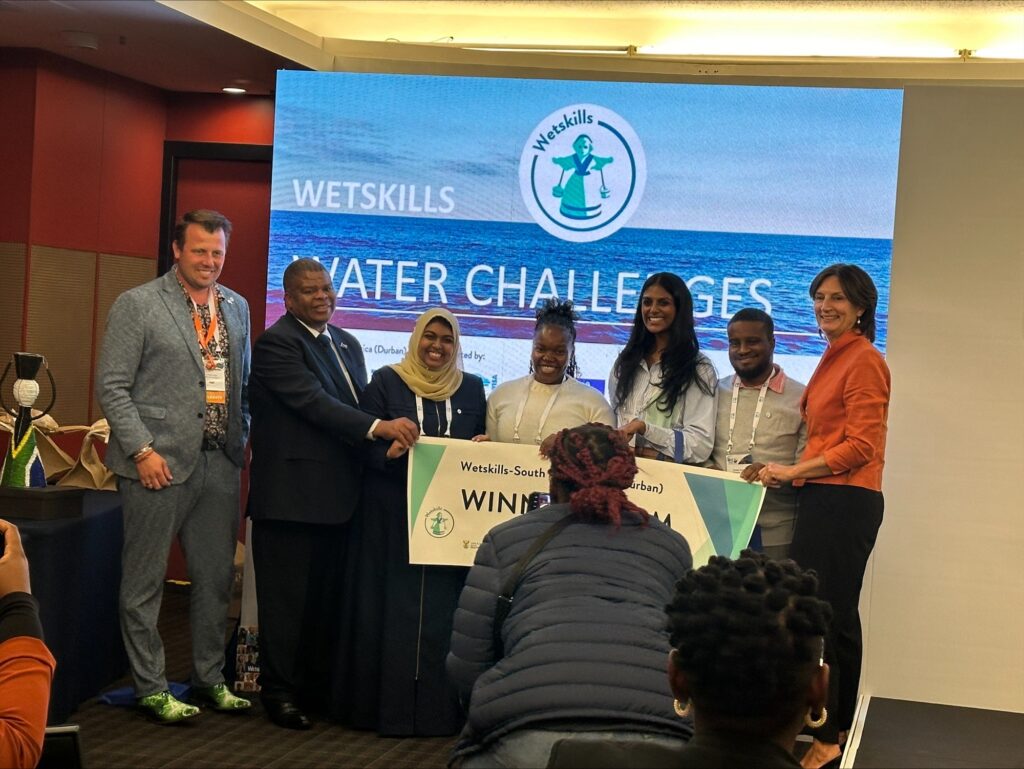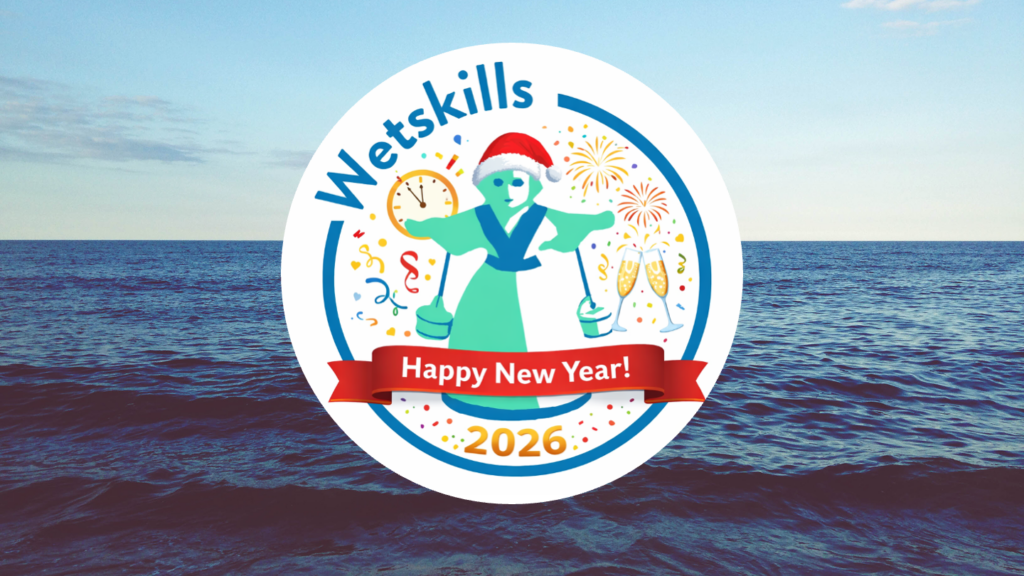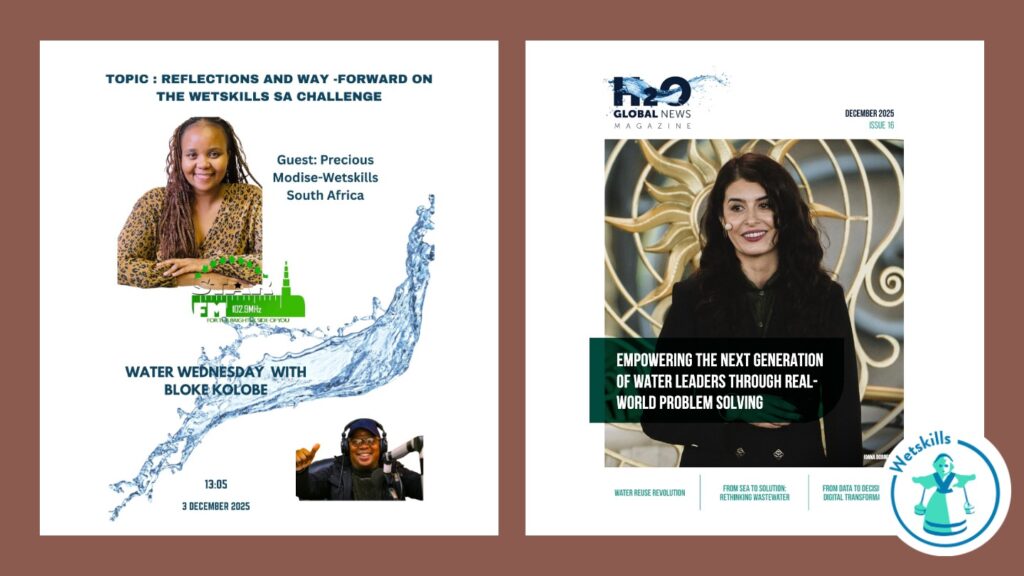On June 12, 2024, the Durban International Convention Centre buzzed with the energy and enthusiasm of young minds eager to tackle some of the most pressing water issues. The Wetskills Challenge, a hallmark event of The Wetskills Foundation, brought together 22 students and young professionals from South Africa, The Kingdom of the Netherlands, The Kingdom of Eswatini, Mozambique, and Zimbabwe. Over an intensive two-week period, these five diverse teams immersed themselves in developing innovative, multidisciplinary solutions to critical water-related challenges.
Wetskills has a storied history in South Africa, with past events hosted in Cape Town, Nelspruit, Durban, and Gauteng. During the coronavirus pandemic, the foundation adapted by organising a successful digital edition, W@tskills, in 2021. This year’s event in Durban continued the tradition of fostering creativity and collaboration among international participants.
The challenge culminated in a “Pitch and Poster” presentation at the WISA conference, where each team showcased their solutions. The cases addressed a range of pressing issues. The first team tackled the problem of Acid Mine Drainage (AMD), a significant environmental threat in South Africa. Representing the African Circular Economy Network, they proposed innovative methods to remediate and harvest the polluted water from old mining areas. Their solutions aimed to purify water, utilise it for community benefit and create a park, turning a crisis into an opportunity.
Team 2, sponsored by Talbot, focused on achieving water security within the burgeoning green hydrogen industry in South Africa. As the country positions itself as a leader in this market, ensuring a sustainable water supply is crucial. The team explored various technologies and methods to reduce reliance on freshwater resources, ensuring the green hydrogen process remains environmentally friendly and viable in a water-scarce nation.
Team 3, backed by the Blue Deal South Africa Partnership under the Dutch Water Authorities, presented a case on developing business models for NGOs using Water Footprint Compensation funds. Their approach involved leveraging these funds to create viable financial structures that support water quality improvement initiatives. By compensating for the water footprint through investments in local water projects, they aimed to foster sustainable practices that benefit the environment, local communities and NGOs.
A compelling case from the Water Research Commission was assigned to Team 4. The case dealt with improving water security by protecting South Africa’s strategic water source areas. The team highlighted the increasing frequency and intensity of natural disasters, such as floods and droughts, advocating for protecting ecological infrastructure. Their integrated approach aimed to safeguard these vital areas, ensuring long-term water security and resilience against climate change impacts.
The final team, Team 5, representing the Department of Water and Sanitation, addressed the critical sanitation issue in rural schools. They proposed integrating an innovative toilet system to replace unsafe pit latrines, which still plague over 3300 schools in South Africa. Their solution promised to enhance student health and safety while promoting sustainable, hygienic sanitation practices using community involvement and recycled materials.
Each team’s presentation was met with enthusiasm and critical acclaim, but it was the innovative approach to school sanitation from Team 5 that ultimately stood out. The winning team’s project was celebrated for its potential to impact student health and community well-being significantly. Their victory was announced at a reception hosted by the Dutch Embassy and graced by the Deputy Minister of Water and Sanitation, Mr David Mahlobo and the Dutch Ambassador to South Africa, Ms Joanne Doornewaard, marking a fitting end to an inspiring day of presentations and discussions.



